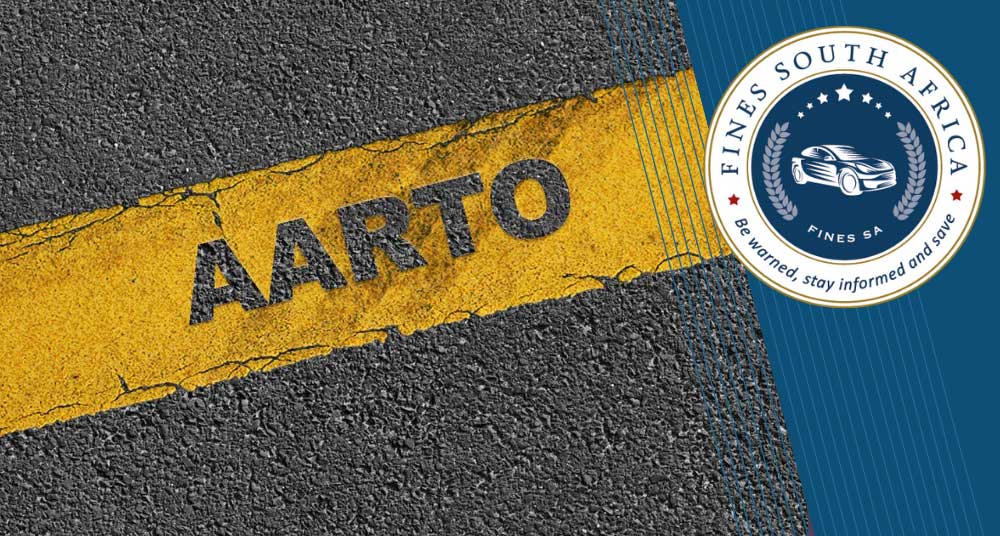If you’ve ever been stopped at a roadblock in South Africa, you may wonder if you’re legally required to pay any outstanding traffic fines on the spot. The short answer is: no, you aren’t obligated to pay traffic fines when stopped at a roadblock. But there’s a bit more to it.
What do the authorities say?
According to Johannesburg Metropolitan Police Department (JMPD) spokesperson Xolani Fihla, while motorists aren’t forced to settle fines during a roadblock, doing so can be convenient. Paying at a roadblock could help you avoid lengthy queues at traffic departments and prevent the blocking of your licence disc or card applications due to unpaid fines.
“We hold roadblocks in the City of Joburg for different purposes, such as crime prevention, checking for traffic violations, drunken driving, and addressing outstanding traffic fines,” Fihla told eNCA. He added, “We are advising motorists to pay their fines, but you’re not legally obliged to do so on the spot.”
Consequences of unpaid traffic fines
While you’re not compelled to pay fines during a roadblock, ignoring them isn’t a good idea either. If you let your fines go unpaid, they may escalate to an enforcement order, which can prevent you from renewing your driving licence and vehicle licence disc until settled.
With this in mind, paying your fines as soon as possible is a smart move, especially since failing to do so can create unnecessary hassles down the line.
Can you pay your fines online?
Yes, there are several online platforms that make paying your fines easier. Services like PayCity, FinesSA, the City of Cape Town’s website, and even some banks offer a hassle-free way to settle your fines without standing in queues. This option is particularly useful given the number of fines issued each year.
In 2023 alone, the JMPD issued 3.3 million fines, generating R46.9 million in revenue through payments. However, nearly R945 million worth of traffic fines went unpaid, highlighting the need for convenient solutions.
What is Aarto, and how does it impact you?
The controversial Administrative Adjudication of Road Traffic Offences (Aarto) Act aims to streamline traffic violation management and introduce a demerit system that could potentially strip habitual offenders of their driver’s licences. It also allows fines to be served via email and centralises traffic fine management at a national level.
However, not everyone is happy with Aarto. Municipalities have raised concerns that Aarto could negatively impact their revenue collection from traffic fines. The Organisation Undoing Tax Abuse (Outa) also voiced its concerns. Outa CEO Wayne Duvenage believes that municipalities should still have the right to handle their own traffic fine processing and collection, even if a national demerit system is in place.
Aarto’s legal journey
After a prolonged legal battle, the Constitutional Court ruled in July 2023 that Aarto is constitutional, giving the scheme the green light to be applied across South Africa.
“This court has concluded that Parliament had the competence to pass the Aarto Act,” stated then-chief justice Raymond Zondo.
Despite the ruling, Outa maintains that the scheme’s practicality is questionable. They argue that Aarto’s design does not address the core issues contributing to road accidents and risks causing administrative headaches for both motorists and authorities. Outa compared it to the failed e-toll system—legal, but largely impractical.
What should motorists do?
If you’re a motorist in South Africa, here are some key takeaways:
- You’re not required to pay fines at roadblocks. However, doing so could save you time and prevent future complications.
- Settle your fines promptly. Unpaid fines can become enforcement orders, blocking you from renewing your driving licence and vehicle disc.
- Use online platforms. Consider using online options to avoid queues and pay your fines at your convenience.
- Stay informed about Aarto. Understanding the implications of the Aarto Act and how it could affect your driving privileges is crucial.
While Aarto and traffic fines might seem like a headache, knowing your rights and responsibilities can help you navigate the system more effectively. See more ownership tips and tricks and driving tips.


